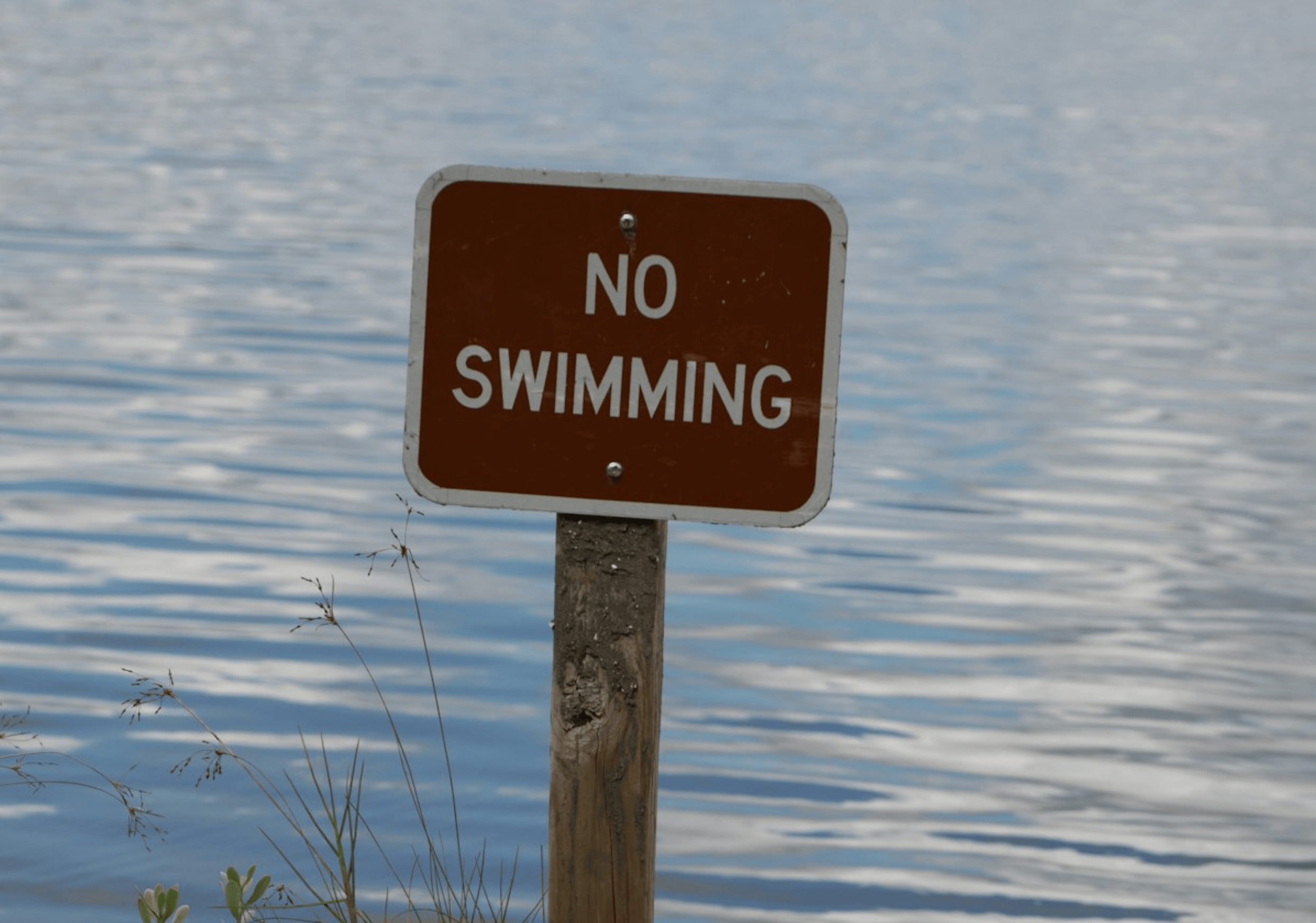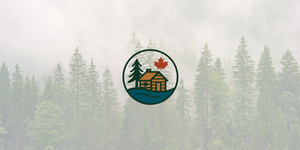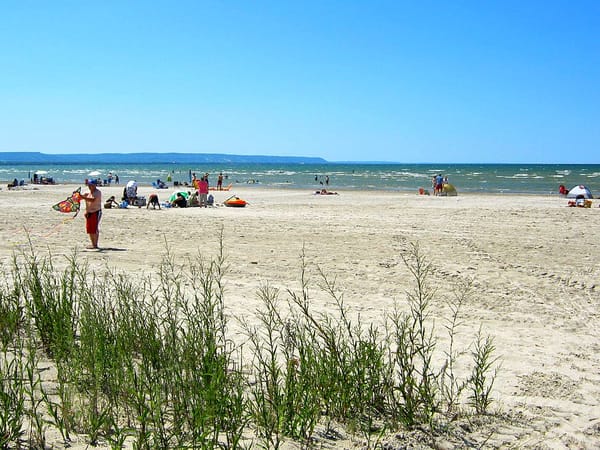Environmental Public Health officials have issued swimming advisories for two Saskatchewan beaches after detecting high levels of E. coli bacteria in the water. Sunnyside Beach at Emma Lake, located north of Prince Albert, and Alice Beach on Last Mountain Lake are both currently unsafe for swimming.
The contamination poses serious health risks to swimmers, including stomach upset, skin rashes, wound infections, sore throats, and eye and ear infections. In severe cases, certain strains of E. coli can cause bloody diarrhea, kidney failure, or even death—particularly dangerous for young children, elderly individuals, and those with compromised immune systems.
Alice Beach Shows Contamination Spike
Alice Beach on Last Mountain Lake had E. coli testing at 476.8 organisms per 100mL on July 4th, 2025 - more than double the safe swimming threshold of 200/100mL. This represents an increase from just a week earlier when the same beach tested at a safe 2.8/100mL on June 27th.

The sudden spike at Alice Beach suggests a contamination event occurred in early July, highlighting how quickly water quality can deteriorate and emphasizing the importance of regular testing. This reading represents the highest E. coli level detected across all monitored Saskatchewan beaches this season.
Emma Lake Contamination Concerns
Meanwhile, Sunnyside Beach at Emma Lake has also shown elevated E. coli levels, with recent testing revealing 72.14/100mL as of July 2nd.

What Causes E. Coli Contamination?
E. coli (Escherichia coli) is an intestinal bacterium naturally found in humans and mammals. Its presence in water indicates fecal contamination, which can stem from several sources:
- Storm sewer overflow
- Leaky septic tanks and aging sewage systems
- Agricultural manure runoff
- Heavy rainstorms carrying animal waste from pets and wildlife
- Contaminated beach sand, where bacteria can thrive and wash into the water
E. coli can thrive in beach sand, where wave action or beachgoers may transfer the bacteria from sand into the water, increasing the risk of exposure and infection for swimmers
What Swimmers Should Know
Swimming advisories are currently in effect for both Sunnyside Beach at Emma Lake and Alice Beach on Last Mountain Lake. These advisories will remain until follow-up testing confirms water quality has improved to safe levels.
The swimming advisories do not mean the beaches are closed entirely - visitors can still enjoy other activities like picnicking, sunbathing, and beach volleyball. However, children and pets should be kept away from the water.
Important safety reminders:
- Advisories apply only to the specific beach areas tested, not necessarily entire lakes
- Boating and sailing away from advisory areas are usually acceptable
- If you see advisory signs at beaches but not online, trust the beach signs as they represent the most current information
- Advisories remain until follow-up testing confirms water quality has improved
Provincial Monitoring Program
This week's dual contamination incidents highlight the importance of Saskatchewan's Healthy Beaches Program, which monitors water quality at public beaches throughout the summer swimming season. The program tests for both E. coli bacteria and microcystin (blue-green algae toxin) from June through August.
Water samples are collected weekly or biweekly at designated public beaches across the province. When results show unacceptable levels of E. coli or microcystin, public health officials post swimming advisories at multiple locations around affected beaches.
What's Next?
The public is advised to check the latest beach quality reports for updates before visiting any provincial beach this summer. With contamination detected at multiple locations across Saskatchewan, these incidents serve as an important reminder to always verify current water conditions before swimming.
Both Alice Beach and Sunnyside Beach will undergo continued monitoring until E. coli levels return to safe ranges.






Join the Conversation